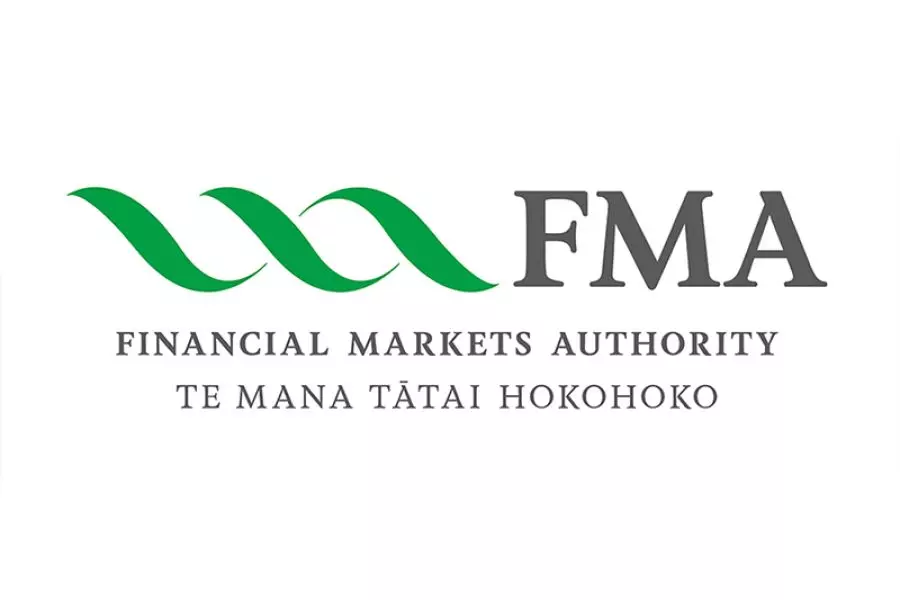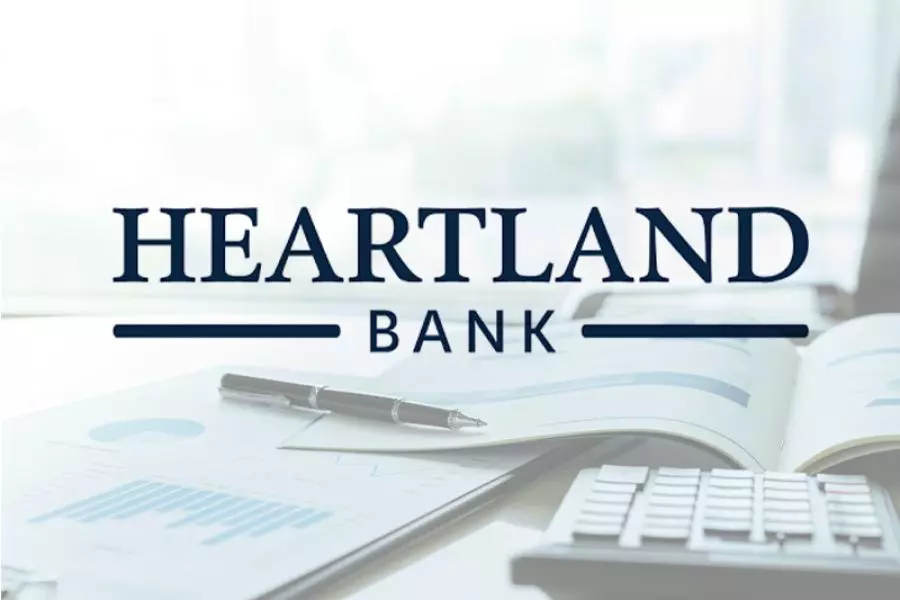
News
COMMENT: Are Airbnb hosts in breach of the RTA?

Tuesday 30th of June 2020
We became aware of the situation on a recent consultancy visit to Christchurch. A business development manager highlighted that she noticed properties she had recently appraised for owners relisted on Airbnb.
Prior to the lockdown, these properties were used solely for short-term stays but instead of being used for one or two nights, they are being occupied for long term stays.
...
Want to read the full article?
Click the button below to subscribe and will have unlimited access to full article and all other articles on the site.
5 min read



![[OPINION] Recessionary times](https://goodreturns.publit.io/file/c_fill,w_900,h_600/87ae0bf5-bdab-4cc2-bb45-9524f4030652.webp)
![[OPINION] How to make 20% from commercial property](https://goodreturns.publit.io/file/c_fill,w_900,h_600/7ac659fb-b908-4521-bcfa-1068d359b61e.webp)



![[The Wrap] Bye Bye Bayly](https://goodreturns.publit.io/file/c_fill,w_900,h_600/39f23ac1-f7c7-4854-b700-a150004ebbac.webp)